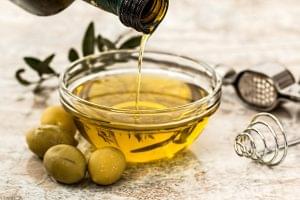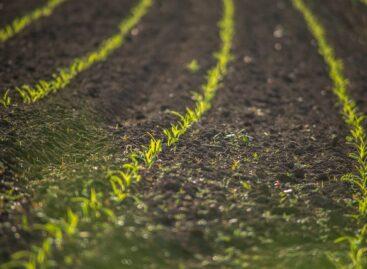Spanish farmers fear that olive oil production could drop by a third
Farmers in southern Spain fear that this year’s extreme drought and successive heat waves could cut olive oil production in the world’s biggest producer by nearly a third in the 2022/23 season.

The drought hit the olive plantations in the middle of the growing season. (Photo: Pixabay)
ASAJA, the association of young farmers in Andalusia’s main olive-growing region, estimated this week that Spain would produce around 1 million tonnes of olive oil, compared to the 1.48 million tonnes pressed for the 2021/22 harvest.
The drought hit just when olives was blooming
Primitivo Fernandez, head of the national association of Spanish edible oil bottlers, told Reuters that although it is too early to predict the exact impact of the drought, it is almost certain that Spanish farmers will produce less olive oil than last year. “The little rain means that the water reservoirs are emptier than usual in spring, while in some areas the high temperature affected the olive trees in full bloom,” he said. Data from the Ministry of the Environment shows that Spain’s reservoirs are at 40.4% of their capacity, which is below the 48.5% average of the last decade. Still, Fernandez said Spain’s reserves of more than 500,000 tonnes of olive oil could offset the drop in production both in foreign and domestic markets.
The sunflower is not safe either
Climate change has made parts of the Iberian Peninsula the driest in 1,200 years and winter rainfall is expected to decrease further, according to a study published last month in the journal Nature Geoscience, leaving the agricultural sectors of Spain and Portugal among the most challenged in Europe. Although farmers have increased the area planted to sunflower crops by 25% to increase sunflower oil production after the Russian invasion cut off imports from Ukraine, Fernandez warned that the weather could affect those crops as well. Ukrainian sunflower oil accounted for 400,000 tonnes, or 40%, of the Spanish product imports used to supplement local production of 300,000 tonnes.
Related news
The government provides significant funding to support the development of crop dryers
🎧 Hallgasd a cikket: Lejátszás Szünet Folytatás Leállítás Nyelv: Auto…
Read more >Agricultural vocational training also places great emphasis on irrigation development
🎧 Hallgasd a cikket: Lejátszás Szünet Folytatás Leállítás Nyelv: Auto…
Read more >Related news
EY Businessman of the Year: Tibor Veres is the grand prize winner, six special awards were also given out
🎧 Hallgasd a cikket: Lejátszás Szünet Folytatás Leállítás Nyelv: Auto…
Read more >









